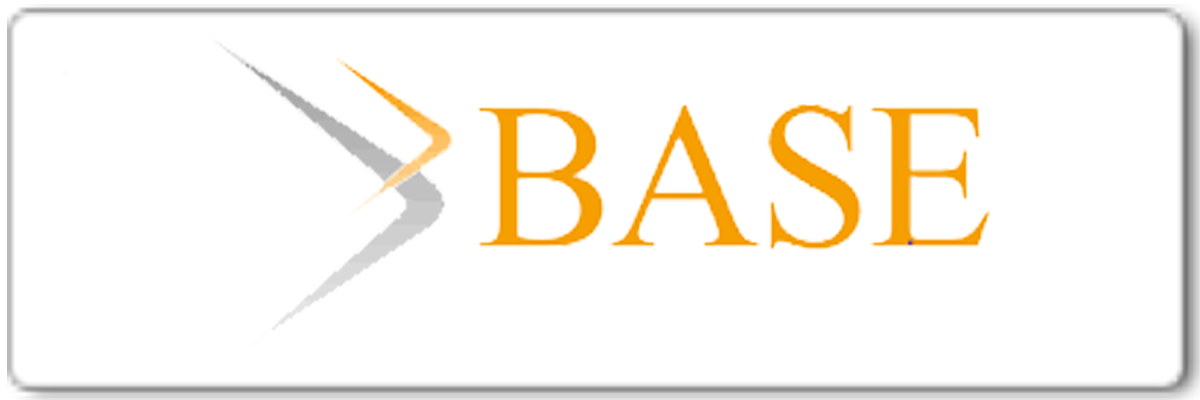Implementation Of Focus Explore Reflect Apply (FERA) Learning Model Assisted Crocodile Physics In Improving Students’ Critical Thinking Skills
Abstract
Keywords
Full Text:
PDF (English)References
Karwono, H. M., & Mularsih, H. (2017). Belajar dan pembelajaran serta pemanfaatan sumber belajar. Depok: Raja Grafindo Persada.
Maryani, S., Sahidu, H., & Sutrio, S. (2020). Pengaruh model pembelajaran generatif dengan metode pq4r melalui scaffolding terhadap kemampuan pemecahan masalah fisika Peserta Didik. Jurnal Pendidikan Fisika Dan Teknologi, 6(1), 82-89.
Rizal, R., Surahman, E., Aripin, H., & Maulidah, R. A. (2024). Problem-Based Learning Management System (PBLMS): A Mobile Learning Application to Facilitate Creative Thinking Skills (CTS) of Prospective Physics Teachers. International Journal of Interactive Mobile Technologies, 18(1).
Purnamasari, S., & Hanifah, A. N. (2021). Education for Sustainable Development (ESD) dalam pembelajaran IPA. Jurnal Kajian Pendidikan IPA, 1(2), 69-75.
Thohir, M. A., & Yanti, F. A. (2017). Pembelajaran Fisika; Kesulitan Belajar dan Cara Mengatasinya. Media Akademi.
Srilisnani, M., Amin, A., & Yolanda, Y. (2019). Penerapan Model Pembelajaran Contextual Teaching And Learning (CTL) terhadap Aktivitas Siswa Kelas X di SMA Negeri 5 Model Lubuklinggau Tahun Pelajaran 2018/2019. Silampari Jurnal Pendidikan Ilmu Fisika, 1(1), 60-73.
Herliandry, L. D., & Harjono, A. (2019). Kemampuan berpikir kritis fisika peserta didik kelas X dengan model brain based learning. Jurnal Penelitian Pendidikan IPA, 5(1).
Priyadi, R., Mustajab, A., Tatsar, M. Z., & Kusairi, S. (2018). Analisis kemampuan berpikir kritis siswa SMA kelas X MIPA dalam pembelajaran fisika. JPFT (Jurnal Pendidikan Fisika Tadulako Online), 6(1), 53-55.
Muaffiani, A., Artayasa, I. P., & Merta, I. W. (2022). Pengaruh Penerapan Pembelajaran Berbasis Kasus pada Materi Zat Aditif dan Adiktif terhadap Keterampilan Berpikir Kritis Siswa. Journal Of Classroom Action Research, 4(3), 120-126.
Nofa, P. A. (2022). Pengaruh Model Focus Explore Reflect Apply (Fera) Dengan Pendekatan Science Writing Heuristic (Swh) Untuk Meningkatkan Adversity Quotient Peserta Didik Dan Literasi Matematis (Doctoral dissertation, UIN RADEN INTAN LAMPUNG).
Rizal, R. (2023). Pengaruh Model Pembelajaran FERA (Focus, Explore, Reflect, and Apply) dengan Pendekatan Scientific terhadap Keterampilan Proses Sains Peserta Didik pada Materi Fluida Dinamis. SPEKTRA: Jurnal Kajian Pendidikan Sains, 9(2), 312-323.
Maulida, S. Pengaruh Strategi Pembelajaran REACT Berbantuan Media Crocodile Physics Terhadap Kemampuan Berpikir Kritis Peserta Didik Pada Materi Listrik Dinamis (Bachelor's thesis, Jakarta: FITK UIN Syarif Hidayatullah Jakarta).
Pangestu, R. D., Mayub, A., & Rohadi, N. (2018). Pengembangan desain media pembelajaran fisika SMA berbasis video pada materi gelombang bunyi. Jurnal Kumparan Fisika, 1(1 April), 48-55.
Wittmann, M. C. (2002). The object coordination class applied to wave pulses: Analysing student reasoning in wave physics. International Journal of Science Education, 24(1), 97-118.
Şengören, S. K., Tanel, R., & Kavcar, N. (2009). Students’ difficulties about the wave pulses propagating on a rope. Journal of Turkish Science Education, 6(1), 50-59.
Sugiyono. (2019). Metode Penelitian Kunatitatif Kualitatif dan R&D. Alfabeta, Bandung.
Rizal, R. (2022). Could the digital literacy of preservice physics teachers be improved by Learning Management System Supported Smartphone (LMS3) application in a physics online lecture?. Physics Education, 58(2), 025004.
Mundilarto, I. (2017). Effect Of Problem-Based Learning On Improvement Physics Achievement And Critical Thinking Of Senior High School Student. Journal of Baltic Science Education, 16(5), 761.
Putri, A. P. R. (2019). Efektivitas Model Pembelajaran Fera (Focus, Explore, Reflect And Apply) Dengan Pendekatan Savir Dalam Meningkatkan Keterampilan Proses Sains Dan Kemampuan Berfikir Kritis Peserta Didik Pada Pembelajaran Fisika (Doctoral dissertation, UIN Raden Intan Lampung).
Cahyono, B. A. D., Sutarto, S., & Mahardika, I. K. (2017). Model pembelajaran REACT (relating, experiencing, applying, cooperating, transfering) disertai media video kejadian fisika terhadap keterampilan proses sains dan hasil belajar siswa dalam pembelajaran fisika di SMA. Jurnal Edukasi, 4(3), 20-24.
Halpern, D. F. (2013). Thought and knowledge: An introduction to critical thinking. Psychology press.
DOI: http://dx.doi.org/10.26737/jipf.v9i2.4771
Refbacks
- There are currently no refbacks.
Copyright (c) 2024 Siti Nurhalimah, Rahmat Rizal

This work is licensed under a Creative Commons Attribution-NonCommercial 4.0 International License.
Publisher
Institute of Managing and Publishing of Scientific Journals
STKIP Singkawang
Jl. STKIP, Kelurahan Naram, Kecamatan Singkawang Utara, Kota Singkawang, Kalimantan Barat, Indonesia
Website: http://journal.stkipsingkawang.ac.id/index.php/JIPF
Email: [email protected]
JIPF Indexed by:
Copyright (c) JIPF (Jurnal Ilmu Pendidikan Fisika)
ISSN 2477-8451 (Online) and ISSN 2477-5959 (Print)































